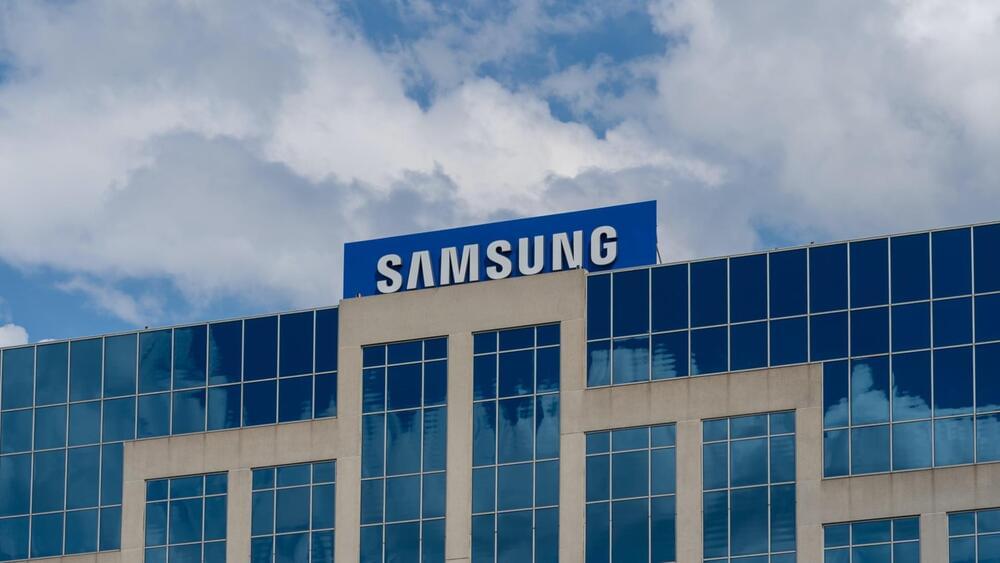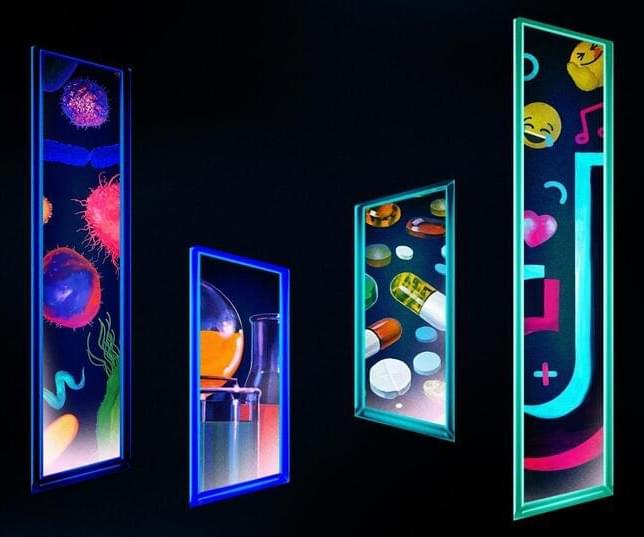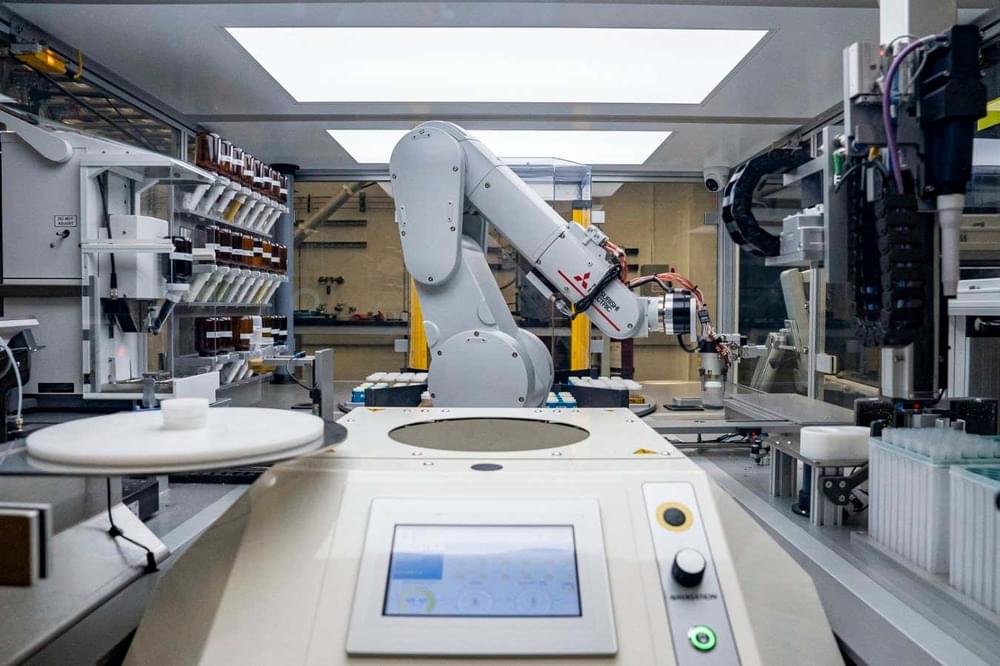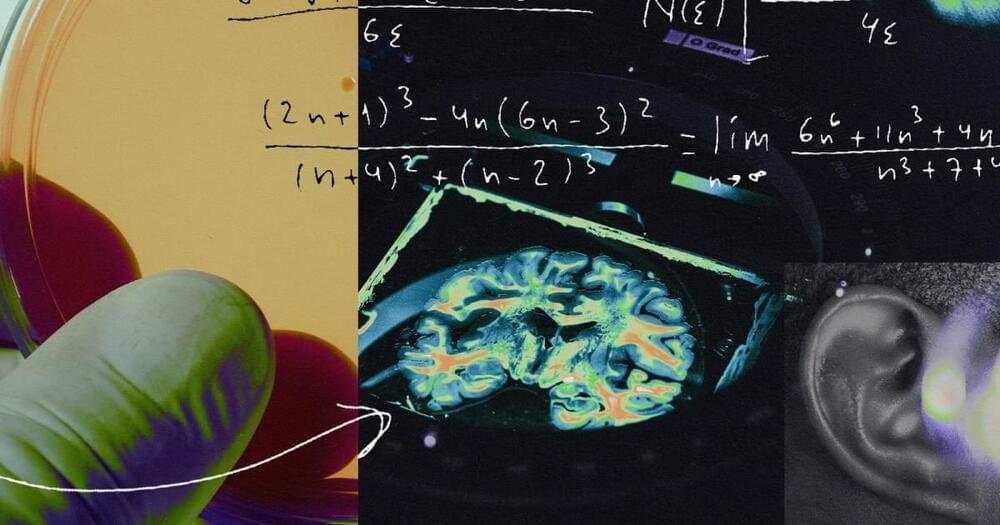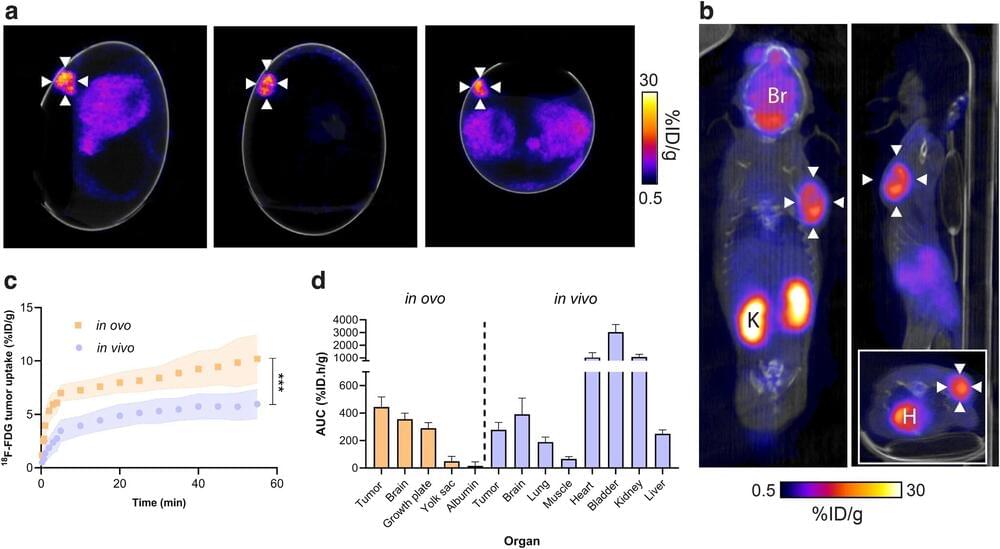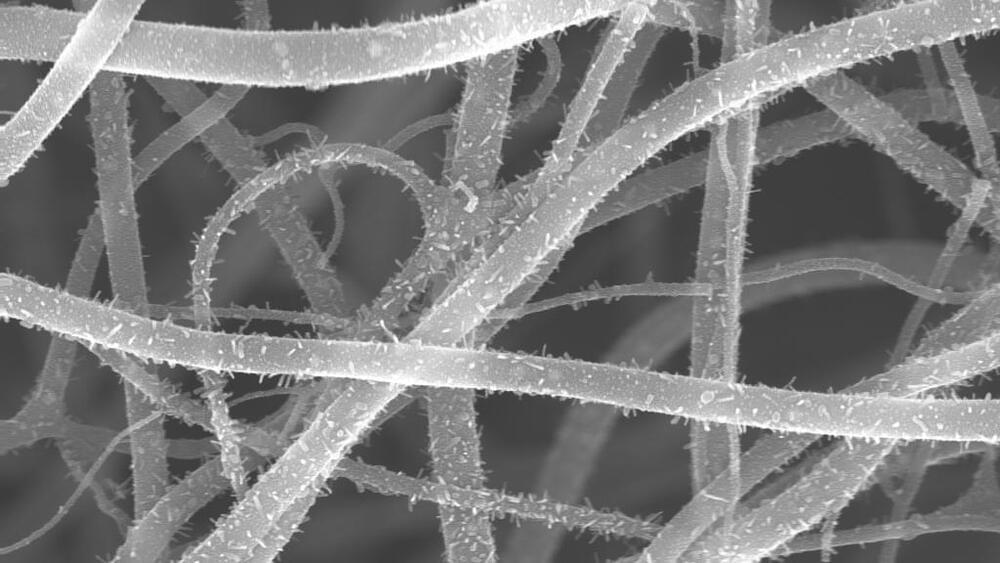Jan 4, 2024
2024 will see Samsung lead the mobile AI wave with the new Galaxy S24
Posted by Gemechu Taye in categories: mobile phones, robotics/AI
Over one billion smartphones with built-in AI are to be shipped by 2027, according to Counterpoint Research.
Samsung is all set to kick off the new year of AI phones with new launch this month. The first of many, Galaxy S24 will be released on January 17 in San Jose, California through a livestream.
